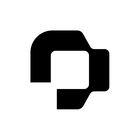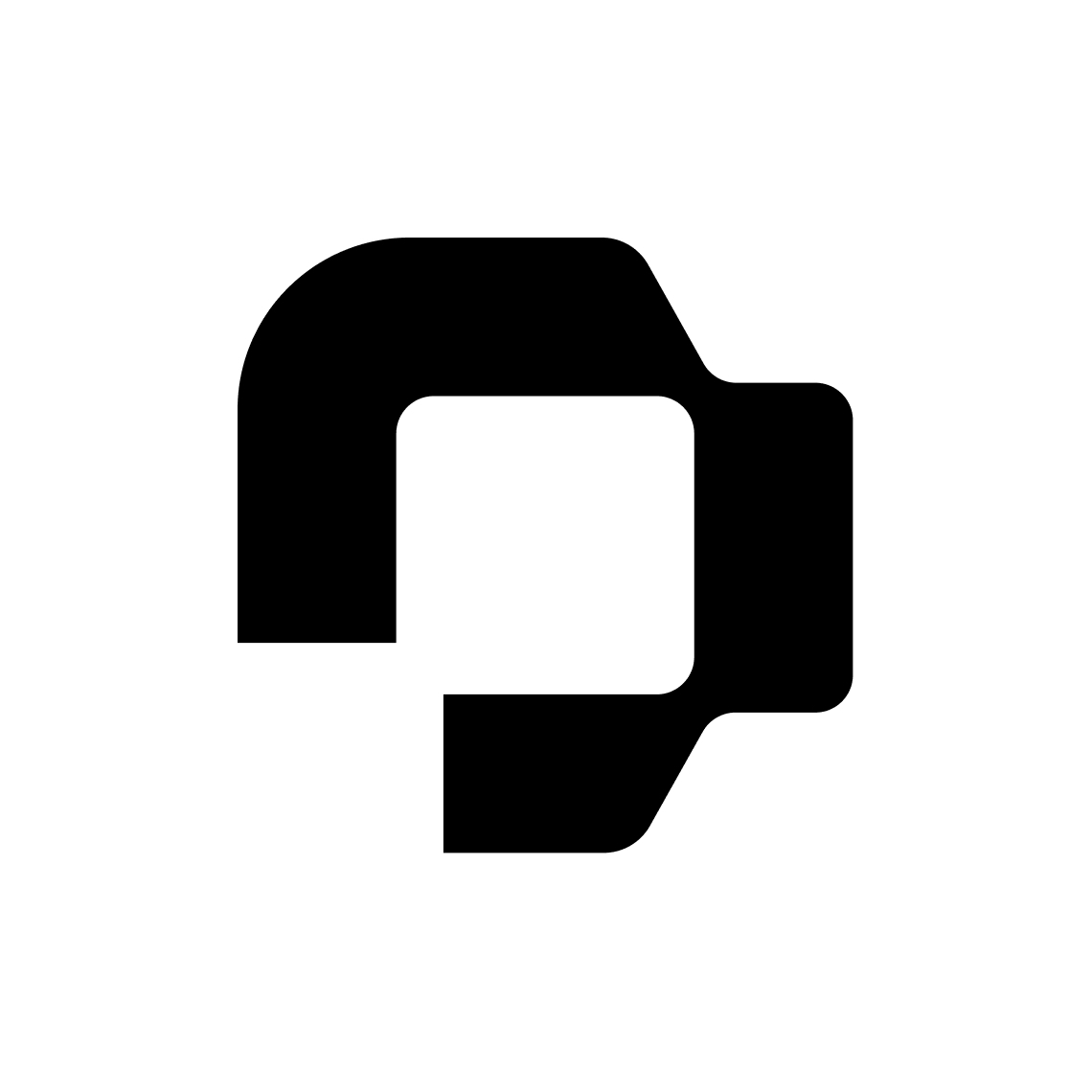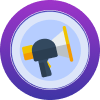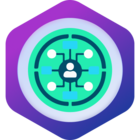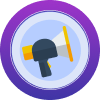Dear Community,
"What means? How does? Name? What do I need to look out for when?"
All of these are questions that artificial intelligence (AI) programs like ChatGPT can answer. The popular chatbot ChatGPT can engage in human-like conversations and answer (simple and complex) questions within seconds, write entire paragraphs of text and even code a website from scratch.
1️⃣ What is ChatGPT?
“ChatGPT is a model developed by the US company OpenAI. Through the deployment of AI systems it interacts in a conversational way so that it can follow instructions and give detailed responses. The dialog-based exchange allows the program to ask follow-up questions, to admit errors, to question false premises, and to reject inappropriate requests.” - OpenAI
2️⃣ Can HR benefit from this?
HR professionals can leverage artificial intelligence programs and thereby create advantages in their day to day work. Among other things it is possible to…
✍️ Write HR documents such as termination letters or application rejections
🗣️ Match the tone of e.g. job advertisements to the employer brand
💪 Make recommendations for training, development based on skills
🌏Translate documents
🙌 and much more!
3️⃣ What do I need to be aware of?
The more details, the better! When using an AI program, data quality and the reliability of the data entered are crucial. Only then programs like ChatGPT can demonstrate their potential and deliver added value for HR.
Apart from this, companies need to be aware of the risks involved. Even if the chatbot offers support, companies must be aware that insufficiently entered details or data can also lead to wrong decisions being made.
4️⃣ Are there any risks involved?
- To achieve the most accurate and significant results possible, the more details the better. In some cases, this can also mean sharing confidential data, which is then processed in the AI program.
- AI programs, like ChatGPT, are based on technology. Especially in HR, where people represent the central core, one should not solely rely on data and statements of a chatbot. Determine how you can add a personal touch to the results.
Do you see any further potential in using AI programs like ChatGPT? Which additional tasks could be simplified in HR? Do you see any other possible risks and how would you tackle them? Looking forward to your discussions in the thread. 😇
Best,
Melissa


